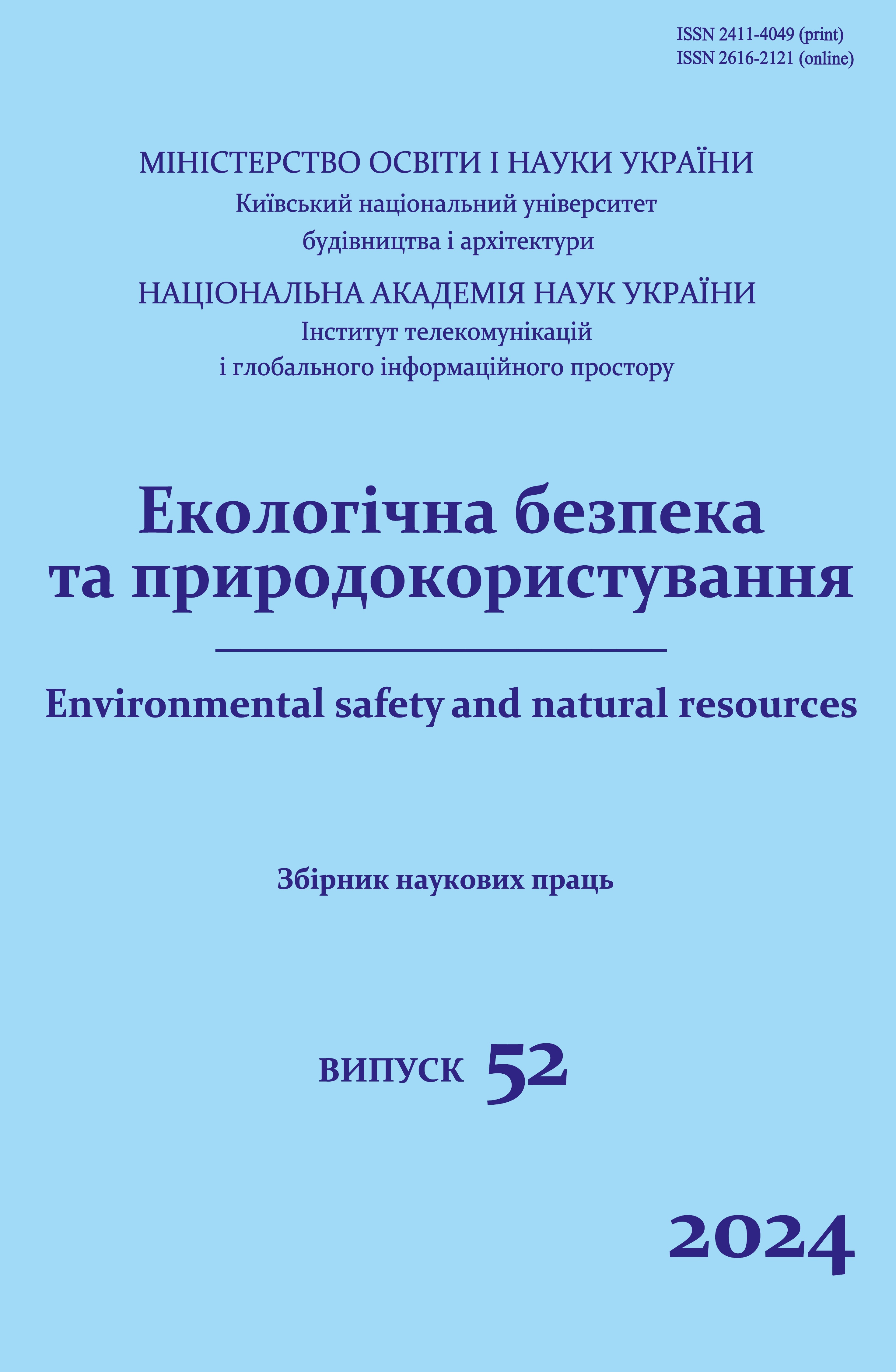Improved ontological model of the knowledge base of the expert system for decision support in the field of digital processing and computer simulation of cyclic signals
DOI:
https://doi.org/10.32347/2411-4049.2024.4.92-98Keywords:
modeling of ontologies, mathematical modeling, signal processing, cyclic signals, computer ontology, expert systemAbstract
The work is devoted to the improvement of the conceptual and formal-logical model of the ontology of the subject area "Modeling and Processing of Cyclic Signals". Namely, the work developed a formal-logical model of the sub-ontology of tasks, a formal-logical model of the sub-ontology of problem-solving methods in the field of modeling and processing of cyclic signals, a formal-logical model of the sub-ontology of hardware and software tools, and a formal-logical model of the sub-ontology of the results of applying mathematical models, methods and means of processing and computer simulation of cyclic signals. The improved ontology model and its implemented prototype are the main knowledge base of the onto-oriented expert decision-making support system when solving the tasks of justified selection of mathematical models and methods for evaluating characteristics, spectral analysis and computer simulation of cyclic signals within the framework of the theory of cyclic functional relations. Examples of ontology fragments developed in the Protégé environment are given. The non-contradiction of the developed ontology was confirmed by means of Protégé's automated formal and logical reasoning. The expediency of API-based integration of the developed computer ontology with a large linguistic model, namely, with ChatGPT, is substantiated.
References
Lupenko, S. (2022). The Mathematical Model of Cyclic Signals in Dynamic Systems as a Cyclically Correlated Random Process. Mathematics, 10, 3406. https://doi.org/10.3390/math10183406
Lupenko, S.; Butsiy, R. (2024). Isomorphic Multidimensional Structures of the Cyclic Random Process in Problems of Modeling Cyclic Signals with Regular and Irregular Rhythms. Fractal Fract., 8, 203. https://doi.org/10.3390/fractalfract8040203
Lupenko, S. (2024). Rhythm-adaptive statistical estimation methods of probabilistic characteristics of cyclic random processes. Digital Signal Processing. doi: https://doi.org/10.1016/j.dsp.2024.10456
Lupenko, S. (2023). The rhythm-adaptive Fourier series decompositions of cyclic numerical functions and one-dimensional probabilistic characteristics of cyclic random processes. Digital Signal Processing, 104104, ISSN 1051-2004, https://doi.org/10.1016/j.dsp.2023.104104
Gardner, W. A., Napolitano, A., & Paura, L. (2006). Cyclostationarity: Half a century of research. Signal Processing, 86, 639–697.
Hurd, H. L. (2007). Periodically Correlated Random Sequences: Spectral Theory and Practice. The University of North Carolina at Chapel Hill Hampton University.
Napolitano, A. (2019). Cyclostationary Processes and Time Series. Theory, Applications, and Generalizations. Elsevier. https://doi.org/10.1016/C2017-0-04240-4
Dragan, Ya., Yevtukh, P., Sikora, L., & Yavorsky, B. (2000). Periodically correlated random processes as adequate models of signals of multiple rhythms of natural phenomena and technological processes. Computer technologies of printing, 4, 269–290. (In Ukrainian). [Драган, Я., Євтух, П., Сікора, Л., Яворський, Б. (2000). Періодично корельовані випадкові процеси як адекватні моделі сигналів кратної ритміки природних явищ і технологічних процесів. Комп’ютерні технології друкарства, 4, 269–290].
Dorogovtsev, A.Y. (1990). Stationary and periodic solutions of stochastic difference and differential equations in Banach space. In New Trends in Probability and Statistics (Vol. 1, pp. 375–390). VSP: Utrecht, The Netherland.
Marchenko, B.G. (1999). Linear periodic processes. Pr. Institute of Electrodynamics of the National Academy of Sciences of Ukraine. Electrical engineering, 165–182. (In Ukrainian). [Марченко, Б.Г. (1999). Лінійні періодичні процеси. Пр. Ін-ту електродинаміки НАН України. Електротехніка, 165–182].
Nematollahi, A.R. (2000). Discrete time periodically correlated Markov processes. Probability and Mathematical Statistics, 20 (1), 127–140.
Lupenko, S., Stadnyk, N., & Nnamene, Ch. (2019). An approach to constructing a taxonomic tree of models cyclic signals in the tasks of developing an onto-oriented system for decisions supporting of models choice. In 9th International Conference on Advanced Computer Information Technologies (ACIT)" June 5-7, 2019 in Ceske Budejovice, Czech Republic (pp. 89-92). ISBN 978-1-7281-0449-2
Lupenko, S.A., Lytvynenko, Ia.V., Zozulya, A.M., Nnamene K. Chizoba, & Volyanyk, O.V. (2021). Models, methods and means of ontology development of cyclic signal processing. Journal of Gidrocarbon Power Engineering, 8 (1), 8-17.
Smith, B. (2003). Ontology: philosophical and computational. Oxford, USA: Blackwell Publishers.
Gomez-Perez, A., Fernandez-Lopez, M., & Corcho, O. (2004). Ontological engineering. London: Springer-Verlag.
Guarino, N. (1998). Formal ontology and information systems. In Proc. 1st Int. Conf. on formal ontologies in information systems, Italy (pp. 3-15).
Gruber, T. (1991). The role of common ontology in achieving sharable, reusable knowledge bases. In Proc. 2nd Int. Conf.
Rasmussen, J., Pejtersen, A., & Goodstein, L. (1994). Cognitive Systems Engineering. New York, USA: Wiley-Interscience.
Gene ontology. [Online]. Retrieved May 01, 2024 from http://www.geneontology.org
SNOMED International. [Online]. Retrieved May 01, 2024 from http://www.snomed.org/
FMAOntology. [Online]. Retrieved May 01, 2024 from http://si.washington.edu/projects/fma
Downloads
Published
How to Cite
Issue
Section
License
Copyright (c) 2024 S.A. Lupenko, O.V. Volianyk

This work is licensed under a Creative Commons Attribution 4.0 International License.
The journal «Environmental safety and natural resources» works under Creative Commons Attribution 4.0 International (CC BY 4.0).
The licensing policy is compatible with the overwhelming majority of open access and archiving policies.

